
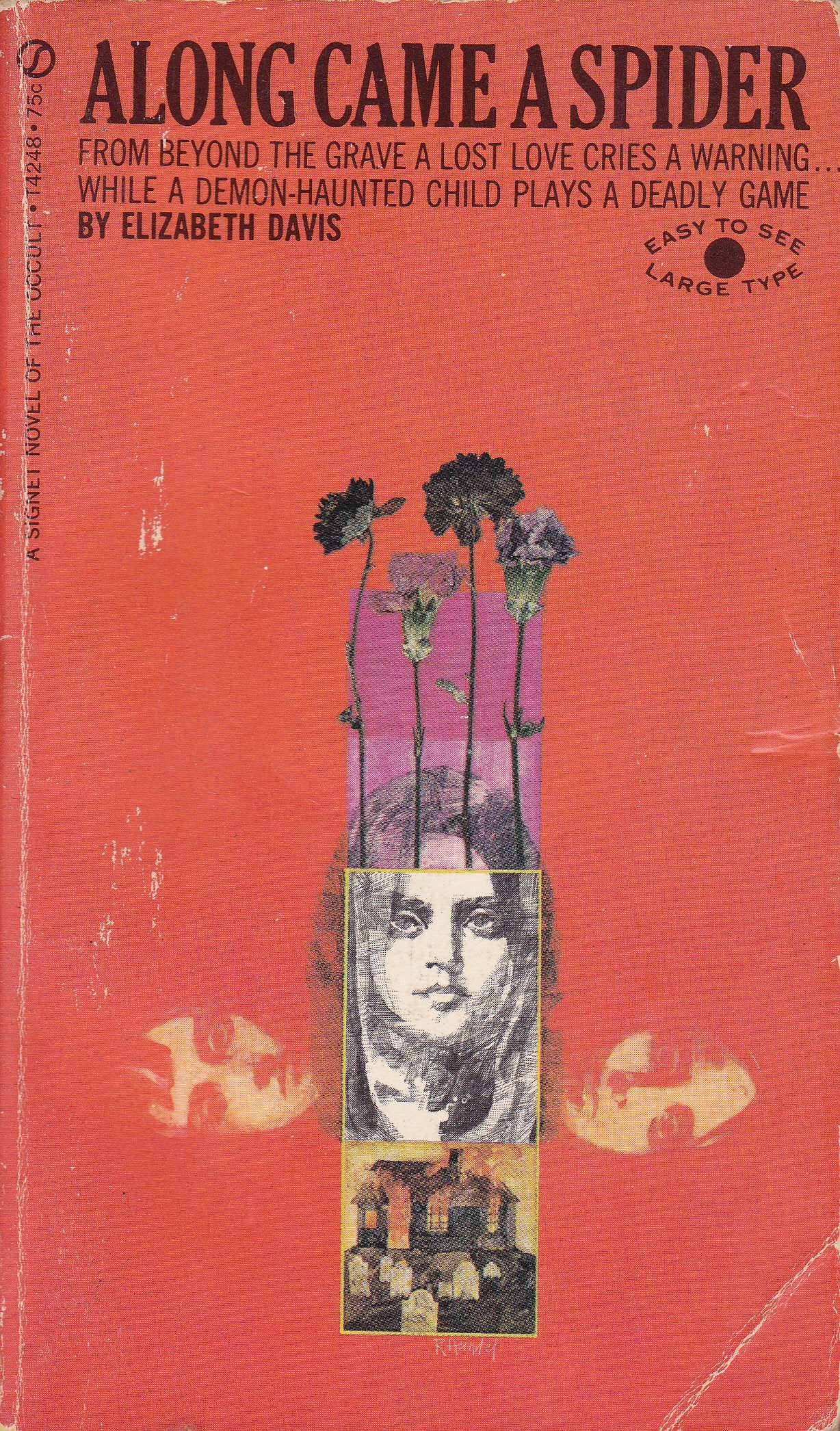
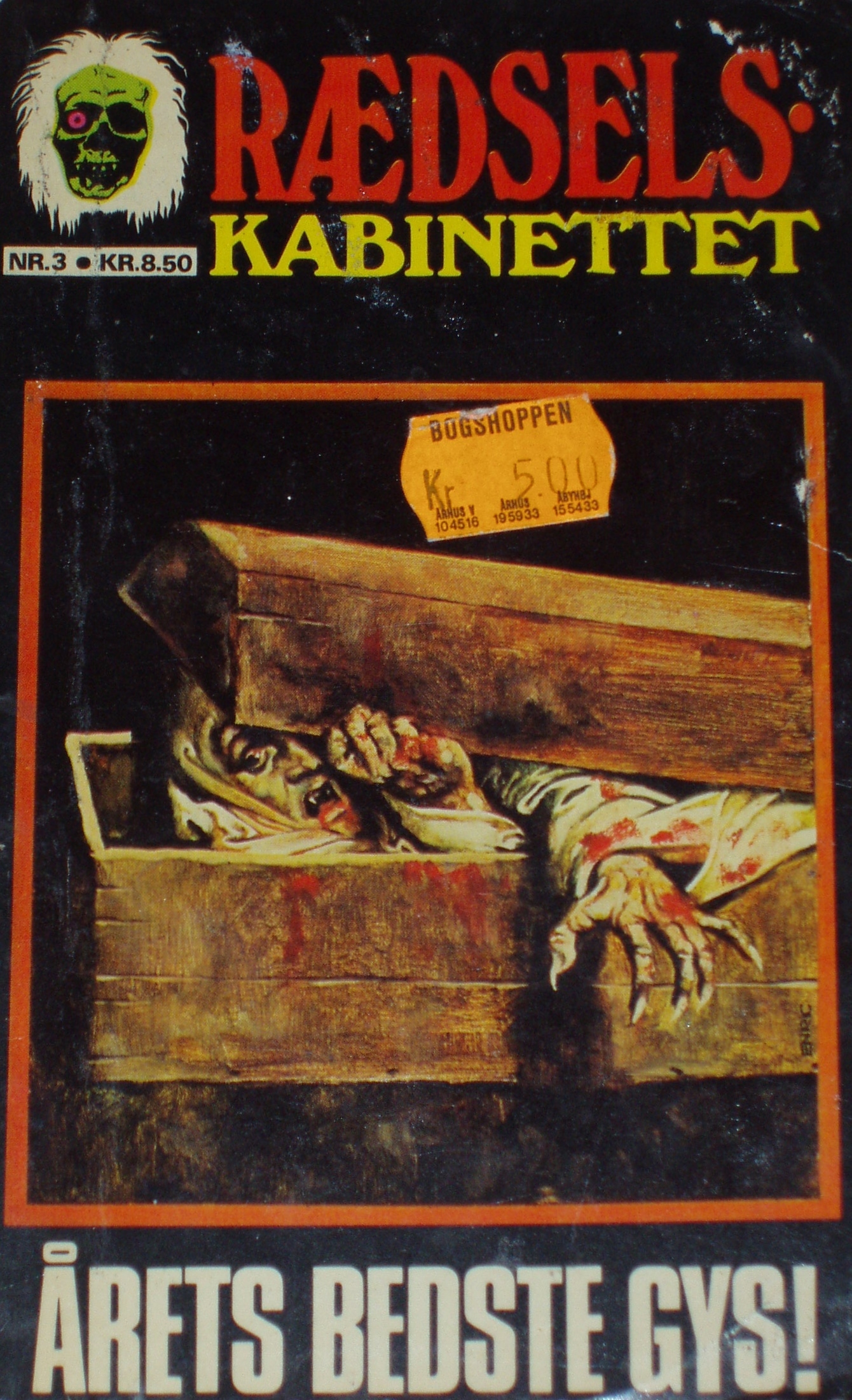
Books in series

Night of the Vampire
1969

Along Came a Spider
1970

Årets bedste gys!
1974

Suffer a Witch to Die
1969
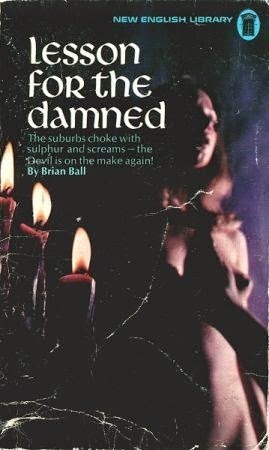
Lesson for the Damned
1971
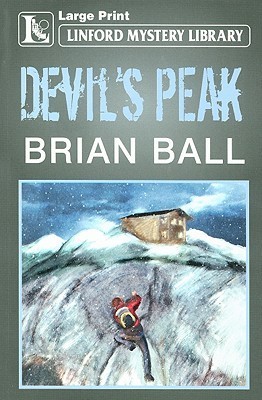
Devil's Peak
1972
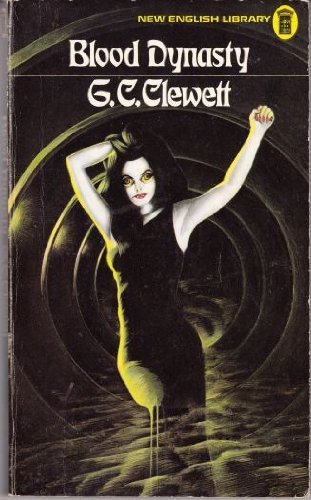
Blood Dynasty
1973

The Sound of His Horn
1952
Authors
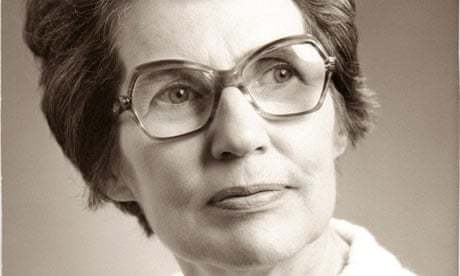
Celia was born in Kingsbury, now part of London, England. She was the daughter of Heaver Fremlin and Margaret Addiscott. Her older brother, John H. Fremlin, later became a nuclear physicist. Celia studied at Somerville College, Oxford University. From 1942 to 2000 she lived in Hampstead, London. In 1942 she married Elia Goller, with whom she had three children; he died in 1968. In 1985, Celia married Leslie Minchin, who died in 1999. Her many crime novels and stories helped modernize the sensation novel tradition by introducing criminal and (rarely) supernatural elements into domestic settings. Her 1958 novel The Hours Before Dawn won the Edgar Award in 1960. With Jeffrey Barnard, she was co-presenter of a BBC2 documentary “Night and Day” describing diurnal and nocturnal London, broadcast 23 January 1987. Fremlin was an advocate of assisted suicide and euthanasia. In a newspaper interview she admitted to assisting four people to die.[1] In 1983 civil proceedings were brought against her as one of the five members of the EXIT Executive committee which had published “A Guide to Self Deliverance”, but the court refused to declare the booklet unlawful. [https://en.m.wikipedia.org/wiki/Celia...]

Edwin Charles Tubb (15 October 1919 – 10 September 2010) was a British writer of science fiction, fantasy and western novels. The author of over 140 novels and 230 short stories and novellas, Tubb is best known for The Dumarest Saga (US collective title: Dumarest of Terra) an epic science-fiction saga set in the far future Much of Tubb's work has been written under pseudonyms including Gregory Kern, Carl Maddox, Alan Guthrie, Eric Storm and George Holt. He has used 58 pen names over five decades of writing although some of these were publishers' house names also used by other writers: Volsted Gridban (along with John Russell Fearn), Gill Hunt (with John Brunner and Dennis Hughes), King Lang (with George Hay and John W Jennison), Roy Sheldon (with H. J. Campbell) and Brian Shaw. Tubb's Charles Grey alias was solely his own and acquired a big following in the early 1950s. An avid reader of pulp science-fiction and fantasy in his youth, Tubb found that he had a particular talent as a writer of stories in that genre when his short story 'No Short Cuts' was published in New Worlds magazine in 1951. He opted for a full-time career as a writer and soon became renowned for the speed and diversity of his output. Tubb contributed to many of the science fiction magazines of the 1950s including Futuristic Science Stories, Science Fantasy, Nebula and Galaxy Science Fiction. He contributed heavily to Authentic Science Fiction editing the magazine for nearly two years, from February 1956 until it folded in October 1957. During this time, he found it so difficult to find good writers to contribute to the magazine, that he often wrote most of the stories himself under a variety of pseudonyms: one issue of Authentic was written entirely by Tubb, including the letters column. His main work in the science fiction genre, the Dumarest series, appeared from 1967 to 1985, with two final volumes in 1997 and 2008. His second major series, the Cap Kennedy series, was written from 1973 to 1983. In recent years Tubb updated many of his 1950s science fiction novels for 21st century readers. Tubb was one of the co-founders of the British Science Fiction Association.

Brian Lumley was born near Newcastle. In 22 years as a Military Policeman he served in many of the Cold War hotspots, including Berlin, as well as Cyprus in partition days. He reached the rank of Sergeant-Major before retiring to Devon to write full-time, and his work was first published in 1970. The vampire series, 'Necroscope', has been translated into ten languages and sold over a million copies worldwide. He was awarded the World Fantasy Life Achievement Award in 2010.

Born in Allendale, New Jersey to Norwegian immigrant parents, Matheson was raised in Brooklyn and graduated from Brooklyn Technical High School in 1943. He then entered the military and spent World War II as an infantry soldier. In 1949 he earned his bachelor's degree in journalism from the University of Missouri and moved to California in 1951. He married in 1952 and has four children, three of whom (Chris, Richard Christian, and Ali Matheson) are writers of fiction and screenplays. His first short story, "Born of Man and Woman," appeared in the Magazine of Fantasy and Science Fiction in 1950. The tale of a monstrous child chained in its parents' cellar, it was told in the first person as the creature's diary (in poignantly non-idiomatic English) and immediately made Matheson famous. Between 1950 and 1971, Matheson produced dozens of stories, frequently blending elements of the science fiction, horror and fantasy genres. Several of his stories, like "Third from the Sun" (1950), "Deadline" (1959) and "Button, Button" (1970) are simple sketches with twist endings; others, like "Trespass" (1953), "Being" (1954) and "Mute" (1962) explore their characters' dilemmas over twenty or thirty pages. Some tales, such as "The Funeral" (1955) and "The Doll that Does Everything" (1954) incorporate zany satirical humour at the expense of genre clichés, and are written in an hysterically overblown prose very different from Matheson's usual pared-down style. Others, like "The Test" (1954) and "Steel" (1956), portray the moral and physical struggles of ordinary people, rather than the then nearly ubiquitous scientists and superheroes, in situations which are at once futuristic and everyday. Still others, such as "Mad House" (1953), "The Curious Child" (1954) and perhaps most famously, "Duel" (1971) are tales of paranoia, in which the everyday environment of the present day becomes inexplicably alien or threatening. He wrote a number of episodes for the American TV series The Twilight Zone, including "Steel," mentioned above and the famous "Nightmare at 20,000 Feet"; adapted the works of Edgar Allan Poe for Roger Corman and Dennis Wheatley's The Devil Rides Out for Hammer Films; and scripted Steven Spielberg's first feature, the TV movie Duel, from his own short story. He also contributed a number of scripts to the Warner Brothers western series "The Lawman" between 1958 and 1962. In 1973, Matheson earned an Edgar Award from the Mystery Writers of America for his teleplay for The Night Stalker, one of two TV movies written by Matheson that preceded the series Kolchak: The Night Stalker. Matheson also wrote the screenplay for Fanatic (US title: Die! Die! My Darling!) starring Talullah Bankhead and Stefanie Powers. Novels include The Shrinking Man (filmed as The Incredible Shrinking Man, again from Matheson's own screenplay), and a science fiction vampire novel, I Am Legend, which has been filmed three times under the titles The Omega Man and The Last Man on Earth and once under the original title. Other Matheson novels turned into notable films include What Dreams May Come, Stir of Echoes, Bid Time Return (as Somewhere in Time), and Hell House (as The Legend of Hell House) and the aforementioned Duel, the last three adapted and scripted by Matheson himself. Three of his short stories were filmed together as Trilogy of Terror, including "Prey" with its famous Zuni warrior doll. In 1960, Matheson published The Beardless Warriors, a nonfantastic, autobiographical novel about teenage American soldiers in World War II. He died at his home on June 23, 2013, at the age of 87 http://us.macmillan.com/author/richar...

Kit Reed was an American author of both speculative fiction and literary fiction, as well as psychological thrillers under the pseudonym Kit Craig. Her 2013 "best-of" collection, The Story Until Now, A Great Big Book of Stories was a 2013 Shirley Jackson Award nominee. A Guggenheim fellow, she was the first American recipient of an international literary grant from the Abraham Woursell Foundation. She's had stories in, among others, The Yale Review, The Magazine of Fantasy and Science Fiction, Omni and The Norton Anthology of Contemporary Literature. Her books Weird Women, Wired Women and Little Sisters of the Apocalypse were finalists for the Tiptree Prize. A member of the board of the Authors League Fund, she served as Resident Writer at Wesleyan University.
Eddy C. Bertin (ook publicerend als Edith Brendall, Doriac Greysun en andere) was een Belgisch auteur die zowel schreef voor de jeugd als voor volwassenen. Hij werd geboren in Duitsland als kind van een opgeëiste Belg en een Duitse moeder. Hij studeerde Handel en Talen aan het Provinciaal Hoger Technisch Instituut in Gent en werkte na zijn studies in een bank. Vanaf eind jaren '60 publiceerde hij SF- en horrorverhalen voor volwassenen en vanaf 1984 bracht hij ook kinder- en jeugdverhalen. Zijn schrijverscarrière eindigde in 2004 met het jeugdboek "Valentina's schaduwboek". Hij overleed op Kreta, tijdens een vakantie. Eddy C. Bertin (also publishing as Edith Brendall, Doriac Greysun and others) was a Belgian author who wrote both for youth and for adults. He was born in Germany as the child of a Belgian father who was forced to work there by the occupiers and a German mother. He studied Trade and Languages at the Provincial Higher Technical Institute in Ghent and after his studies he worked in a bank. From the end of the sixties he published SF and horror stories for adults and from 1984 he also published children's and youth stories. His writer's career ended in 2004 with the children's book "Valentina's shadow book". He died on Crete during a vacation. Winner of the ESFS Awards in 1978 FANTASTIC & FANTASY AWARDS - Collection for "Derriere le mur blanc".

